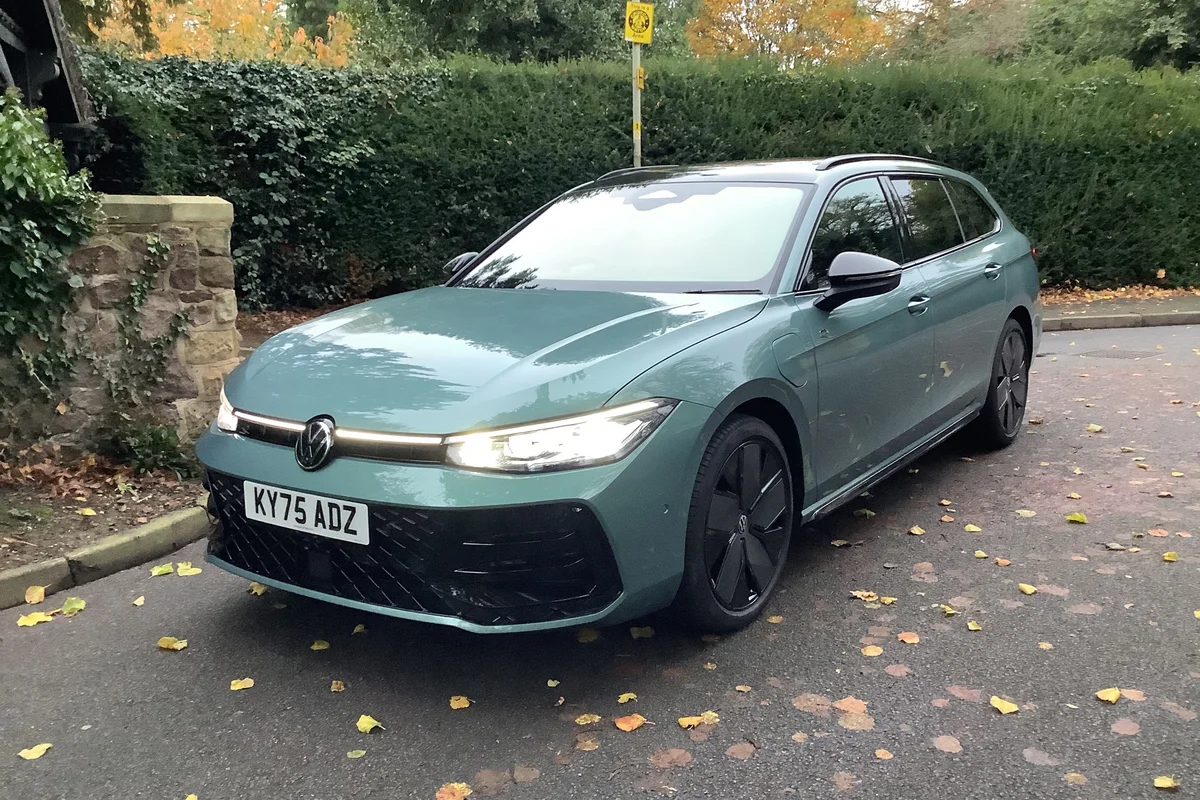Copyright independent

Some years ago, after the end of the Cold War and (previous) Russian domination of Eastern Europe, the great but much devalued Skoda motor works – and the brand – was acquired by the Volkswagen group. Volkswagen set about rebuilding the marque with new, higher-quality models, and naturally drew on lots of VW technology. At that time, from the late 1990s onwards, they were marketed on the basis that they were “really a Volkswagen”, and their owners liked the fact that they were driving a value-for-money car that was “a Polo/Golf/Passat underneath”. That sort of thing. Well, decades on, what we have is a Volkswagen that is not only a Skoda underneath – the Czech arm has recovered some of its traditional design and engineering expertise – it is built at the VW Group works in next-door Slovakia, alongside its sibling, the Skoda Superb estate. It is thus class-leading in its luggage space, either in mild petrol hybrid form (690 litres) or, as here, as a plug-in hybrid, where the much bigger battery pack also has to be accommodated (510 litres) – highly competitive with the remaining estate car contenders, such as the Volvo V60 or BMW 3-Series Touring. And that spaciousness is the biggest selling point for the Superb/Passat estate cars – the trade secret about the Skoda Superb always being that it has more rear legroom than its luxury VW Group cousin, the Bentley Flying Spur. Now that’s equally true of the Passat estate (there’s no saloon version available in the UK), and it has similar ease of access. Against the many SUV alternatives, the Passat isn’t quite as quick to get in and out of, especially if you’re getting a bit creaky, but it is comfortable and inherently nicer to drive – lower centre of gravity, you see. As a plug-in hybrid, it can also cover a surprising distance on electric-only power, especially when driven gently, at least 50 miles, and the electric assistance makes it very accelerative in “Sport” mode, maybe even a little too much for the chassis. This is a car that isn’t famous for smoothness or refinement, but it ought to be. In my experience, the interior of the Superb is a nicer design; the Passat feels a bit more clinical or utilitarian, but really, it is a matter of taste. The version I drove, a “Black Edition” (it was actually bluey-green) in the “R” trim, boasted a massive 15-inch “infotainment” screen, which was great, and more easily accessible, plonked as it is “on” and slightly forward of the dash, than it was fully and more neatly integrated with the speedometer. On the downside, the Passat relies a bit too much on “haptic” touch controls to do basic stuff like turn the radio up – though the steering wheel controls are easy to use. As for driving it, it’s one of life’s cruisers, but one that can really shift from rest if pushed. Taking a corner briskly and smoothly is actively encouraged by the suspension setup, one slightly different from the Superb’s. However, I found the brakes curiously soft. You get used to them, obviously, but it made me a little more cautious. On the other hand, they seem to have improved the “DSG” (dual clutch) automatic gearbox such that it doesn’t hesitate like earlier versions I recall. Little things I liked include the VW badge on the tailgate, illuminated like the brake lights at night, and the extremely efficient heated seats and ventilation systems. The Tesla-like aerodynamic alloys also suit it well. On the more purely practical side, you should also note that it can be plugged into an ultra-fast charger, and the wide electric-only range gives business users a clear benefit-in-kind tax advantage at 6 per cent based on extremely low CO2 emissions – assuming the electric-only mode is fully used. Professional drivers, the archetypal sales rep, should love the latest Passat as they did its eight previous generations since 1973; but as a nation we are driving less, including on business, than we did in the past. Much of that old car culture, and the type of cars that appealed to it – estates and big-booted saloons – are on the decline with it, overtaken by all those SUVs and “crossovers”. The Passat estate is a conservative choice, but not the worst for that.



